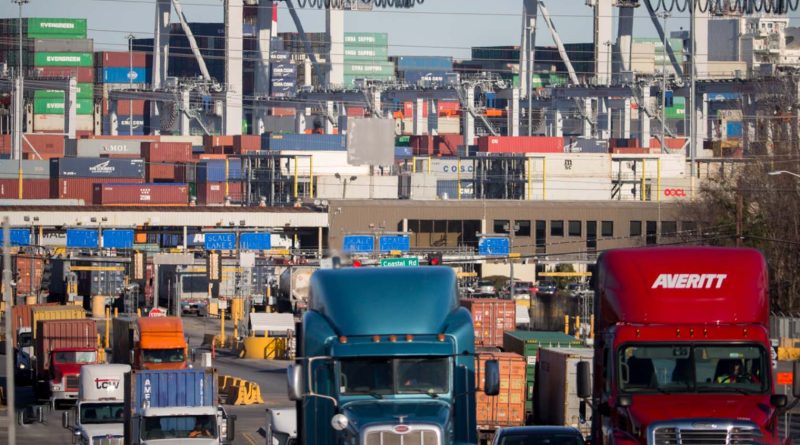President Donald Trump has announced another round of sweeping tariffs, including a 100% duty on branded pharmaceuticals, 25% on heavy-duty trucks, and up to 50% on imported furniture. The new measures take effect October 1.
Trump said the move was aimed at protecting U.S. industry and national security. “The reason for this is the large-scale flooding of these products into the United States,” he wrote on Truth Social.
The announcement rattled markets across Asia. Shares of drugmakers in Japan, Australia, and India slipped, while an index tracking Chinese furniture companies also declined.
Under the new rules, branded or patented drugs imported to the U.S. will face 100% tariffs unless the manufacturer has already started building a U.S. plant. Industry leaders warned the policy could jeopardize billions in planned investments.
Furniture imports worth $25.5 billion last year—60% of which came from Vietnam and China—will also be hit. Vietnamese exporters said the decision was unfair and would hurt global supply chains. Trump argued the measure would revive America’s struggling furniture industry, which has lost half its workforce since 2000.
Heavy-duty truck tariffs are also expected to raise costs for transportation and logistics companies, despite Trump’s pledge to curb inflation. The U.S. Chamber of Commerce and top importers such as Mexico and Canada, both close allies, have strongly opposed the move.
While recent trade agreements with the EU and Japan set tariff caps on some goods, it remains unclear if the new measures will override those deals. Tokyo said it was still assessing the impact. Australia condemned the tariffs as “unfair and unjustified.”
Despite criticism, Trump has made tariffs a central tool of his trade and foreign policy, using them to pressure allies, renegotiate deals, and raise federal revenue. His administration estimates Washington could collect $300 billion from tariffs this year alone.






